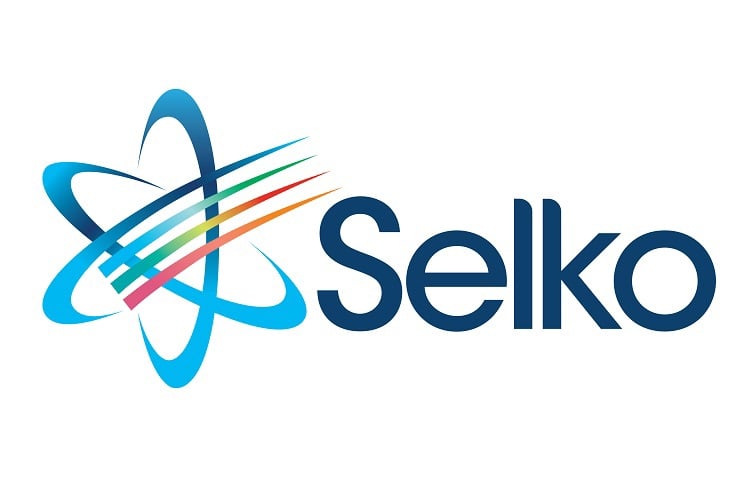
Selko-pH
Selko-pH effectively reduces the pH of water. In this way, Selko-pH supports improved digestibility of diet components and maintains a stable intestinal microbiota. This results in healthy animals with optimal performance.
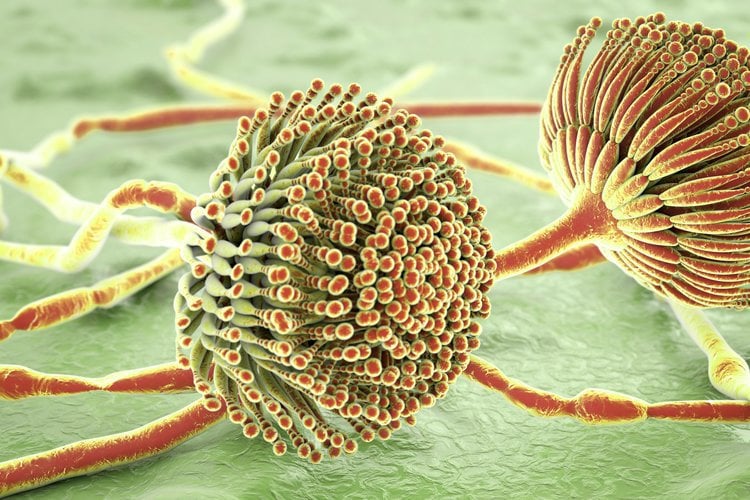
Optimal mycotoxin risk management measures are needed to protect egg production and health of layers.

Water, the most important, yet the most neglected nutrient, has a tremendous impact on animal performance. In fact, most animals drink about twice as much as they eat, making the microbiological quality of water crucial to their overall health. We recommend a comprehensive biosecurity and farm management programme that starts with good water at the source and ensures hygienic conditions throughout the water system.
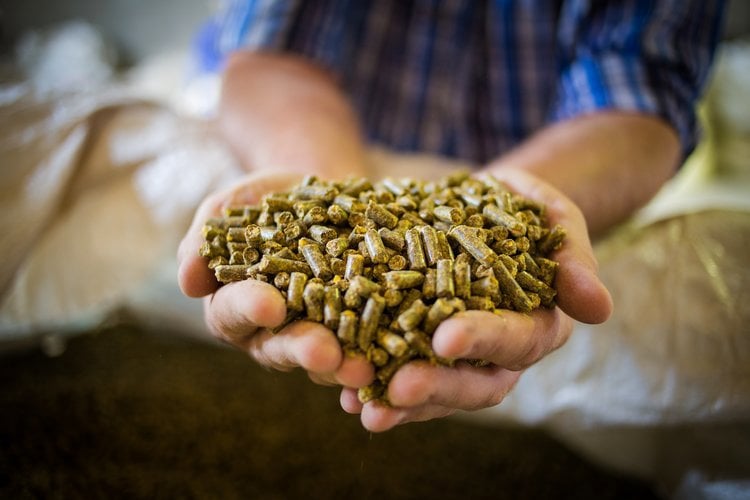
Animal feed is perpetually at risk of being spoiled or contaminated by pathogenic microbes such as Salmonella, E.coli, mould and yeasts. Signs of contaminated feed include clumped particles, off odours and changes in colour. Poor feed hygiene can lead to reduction of the energy as well as the vitamins A, D3, E, K and B1 available to the animal; in case of mould palatability can be reduced. To help control the quality of feed, a laboratory analysis can be performed to quantify the level of spoilage organisms in the animal feed.
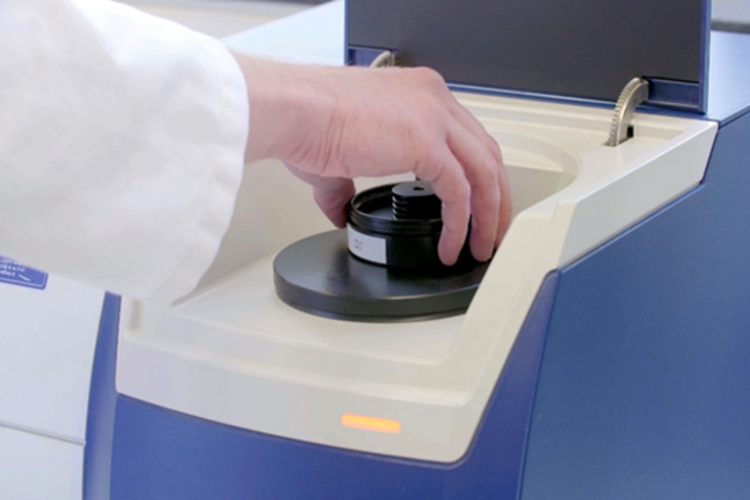
Feed formulation for layer pullets and hens requires nutrients for maintenance and performance and as importantly, to ensure growth and consistent, high-quality eggs. In practice, layers are fed a different diet throughout their lives, based on the changing needs of the production cycle. For example, many breeders increase nutrient levels in the pre-lay diet. The mineral content of a layer’s diet, including sufficient amounts of calcium (Ca) and phosphorus (P), is also key to supporting optimal egg formation and eggshell quality. Concepts such as split-feeding are aimed at improving shell quality and reducing feed costs and excretion of nutrients.
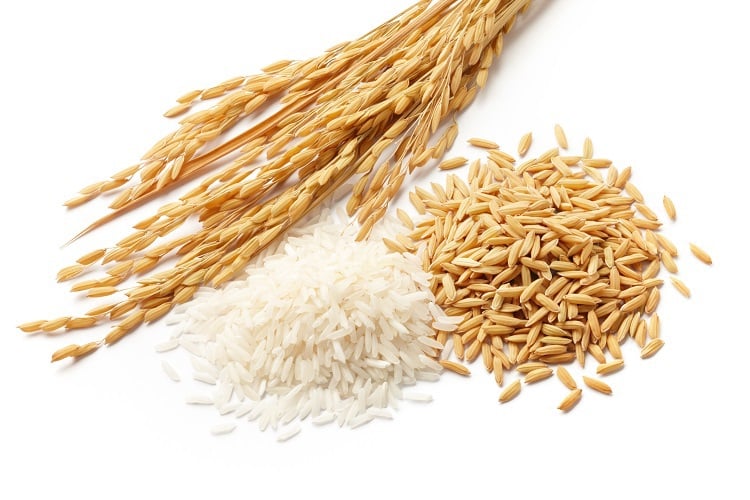
The quality of the raw materials in feed is a crucial part of formulating a consistent, high-quality diet that provides the essential nutrients for optimal health, layer performance and egg quality, benefitting the economic performance of the layer flock.
But with the increased number of new feed ingredients available, of variable quality, it can be a true challenge to assess raw material quality.
Using both proven and new feed analysis methods, we can help formulate the optimal diet for layers, based on accurate data on protein content, Ca:P ratio, energy and even mycotoxins.
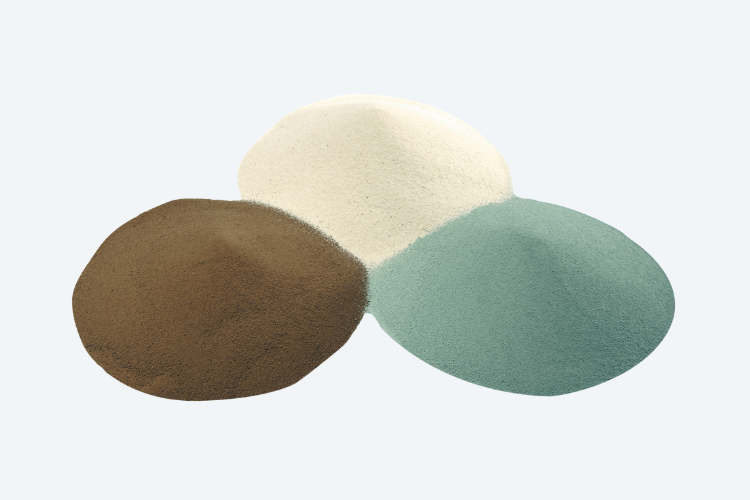
Trace minerals like zinc, copper and manganese are essential to the growth and development of layer hens. Providing trace minerals in the wrong form and amount – either too low or too high – could negatively impact a layer’s productivity. Achieving consistent delivery of an optimised level of trace minerals will support multiple essential functions for layers, including the production and quality of eggs, reproduction and embryo development, immune and oxidative response and health.
Healthy egg production starts with safe, high-quality feed and water.